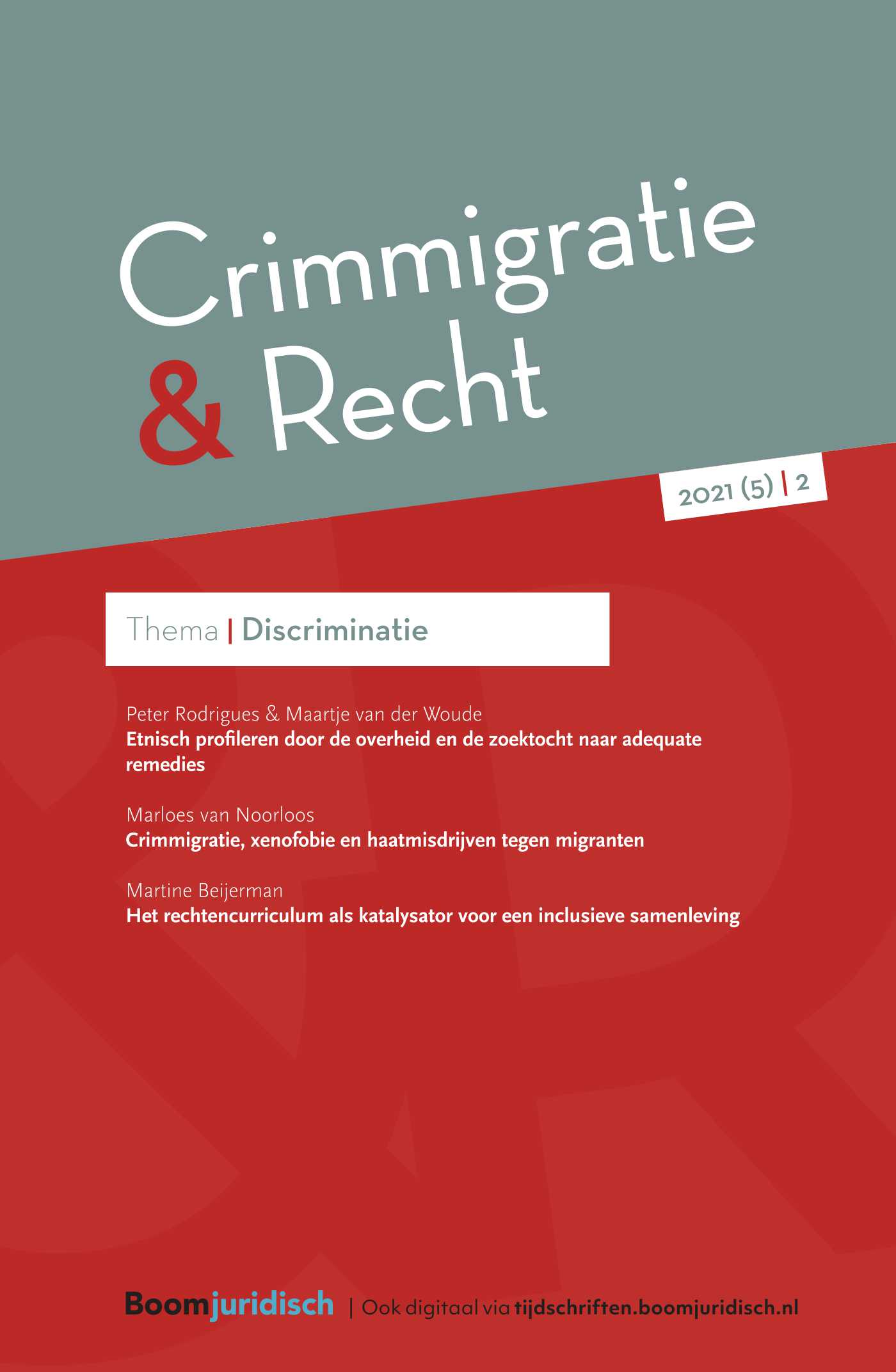|
In its efforts in making effective counter terrorism legislation the Dutch government has introduced the possibility to deprive its own nationals of their Dutch nationality. The competence to revoke Dutch citizenship may arise in case of conducting behaviour abroad that can be labelled as terrorism or facilitating terrorism. Dutch citizenship can only be rescinded by the immigration authorities when such acts are performed outside the Dutch borders in certain appointed areas for certain appointed organisations. This is currently the case for the area of Syria and the organisations IS and Al-Nusra. However given the obligations within the Convention on the reduction of statelessness only Dutch nationals with dual citizenship fall within the scope of this newly introduced legislation. This article focusses on the question whether in EU-law perspective the distinction made between Dutch with dual citizenship and Dutch without a second foreign nationality is against the principle of equal treatment. By discussing the Council Directive 2000/43/EC, case law of the Court of Justice of the European Union (CJEU) and the preparatory documents of the convention on the reduction of statelessness the argument is developed that the convention serves as a trump card to enhance and justify the newly introduced legislation. Given CJEU case law the question of loyalty towards the member state of origin may lead to deprivation of EU-nationality. The aforementioned distinction made in Dutch nationality law would only be justified if it can be successfully be proven that dual citizenship raises an ipso facto loyalty issue toward member states by dual nationality holders. Since evidence of that nature is non existent it is concluded that the newly introduced counter terrorism provisions on deprivation of Dutch citizenship are discriminatory and advances second class nationality in The Netherlands. |


Crimmigratie & Recht
Over dit tijdschriftMeld u zich hier aan voor de attendering op dit tijdschrift zodat u direct een mail ontvangt als er een nieuw digitaal nummer is verschenen en u de artikelen online kunt lezen.
| Redactioneel |
|
| Auteurs | Prof. mr. dr. Maartje van der Woude |
| Auteursinformatie |
| Artikel |
|
| Trefwoorden | Rijkswet op het Nederlanderschap, intrekking naturalisatie, terrorisme, openbare orde |
| Auteurs | Mr. Florimond Wassenaar |
| SamenvattingAuteursinformatie |
| Artikel |
Preventieve politiecontroles en interne grenscontroles in het Schengengebied |
| Trefwoorden | Grenscontrole, Profileren, Schengen |
| Auteurs | Prof. dr. mr. Peter Rodrigues en Prof. mr. dr. Maartje van der Woude |
| SamenvattingAuteursinformatie |
|
Ever since the 2015 start of what is now often referred to as the European ‘migration crisis’, European member states have been struggling with one of the key fundaments of the European Union and in particular the Schengen Agreement: the principle of free movement. Whereas this principle entails that people should be able to move freely within the Schengen Area, as a result of the ongoing securitization and politicization of migration, Member States are exploring the different opportunities the Schengen Border Code allows them to monitor intra-Schengen cross-border mobility. In doing so, countries seem to have two options: either to temporarily reintroduce border controls or to – permanently – carry out police or immigration controls in an area around the border. In this article we explore and critically assess the choices various countries have made and what seems to be the position of the European Commission in all this. |
| Jurisprudentie |
Overzicht Jurisprudentie juni t/m december 2017 |
| Jurisprudentie |
Annotatie KortLaura H: vrijgesproken van deelname aan een terroristische organisatie, veroordeeld voor het medeplegen van terroristische misdrijven |
| Auteurs | Eric Druijf |
| Auteursinformatie |
| Jurisprudentie |
Annotatie LangOuhrami: Hoe een vasthoudende advocaat-generaal de wetgever liet verrassen |
| Auteurs | Marq Wijngaarden |
| Auteursinformatie |

